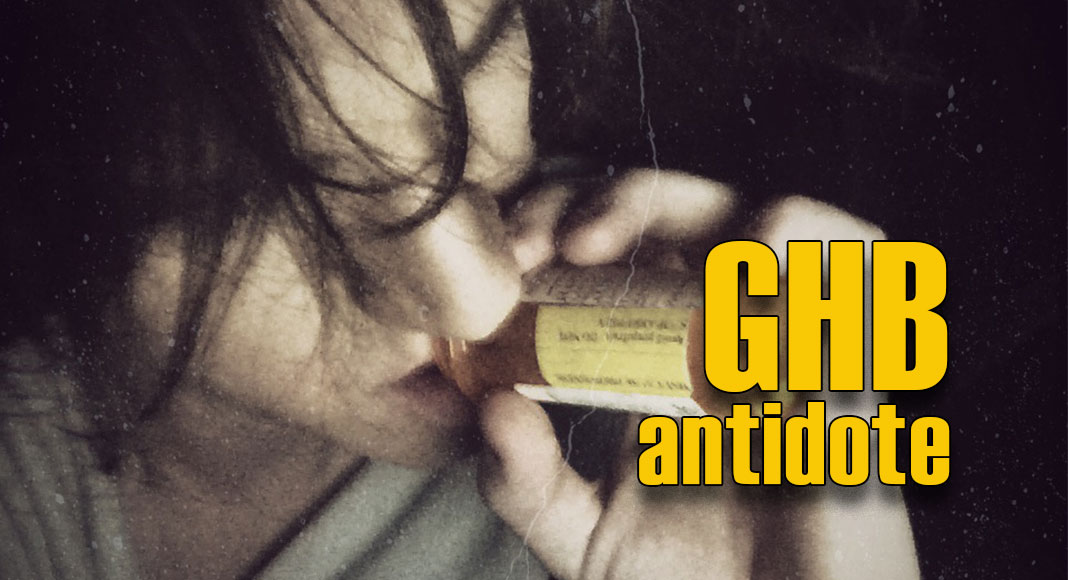
Mega Doctor News
Newswise — BUFFALO, N.Y. – Diclofenac and other non‐steroidal anti‐inflammatory drugs (NSAIDs) may limit the passage of gamma hydroxybutyric acid (a narcolepsy medication and illicit party drug commonly known as GHB) to the brain, decreasing the potential for fatal overdose, according to a University at Buffalo study.
The research found that treatment with diclofenac after taking GHB led to decreased concentrations of GHB in the brain and an improved respiration. The study, completed in animal models, was published in Biopharmaceutics & Drug Disposition. Previous studies completed by the UB researchers found that the NSAIDs ibuprofen and ketoprofen also affected the movement of GHB in the body.
GHB is approved for a number of clinical uses, including the treatment of narcolepsy, a chronic sleep disorder, and alcoholism. However, GHB prescriptions are limited due to its high potential for abuse as a club and date-rape drug. At high doses, the drug can cause amnesia, drowsiness and depressed breathing. There are currently no approved antidotes for GHB overdose.
“The therapeutic utility of GHB in the treatment of narcolepsy [as Xyrem] has been overshadowed by its high prevalence of abuse. The abuse of GHB – known as Fantasy, Liquid Ecstasy and G – carries the risk of severe adverse effects including sedation, respiratory depression, hypothermia, coma and death,” says Marilyn Morris, PhD, SUNY Distinguished Professor and chair of the Department of Pharmaceutical Sciences in the UB School of Pharmacy and Pharmaceutical Sciences.
“Current treatment of GHB overdose is limited to supportive care. My laboratory has identified MCT1 inhibitors as a treatment strategy to prevent death after GHB overdoses. In this research, we identified the NSAID diclofenac as a MCT1 inhibitor and demonstrated its effectiveness as a potential antidote for GHB overdose. Also, our findings significantly suggest that diclofenac and other NSAIDs may decrease the effectiveness of Xyrem used in the treatment of narcolepsy.”
Additional investigators include first author, UB alumna and former graduate student in Morris’ lab Vivian Rodriguez‐Cruz, PhD, research scientist at Eli Lilly and Company; and Tianjing Ren, PhD, postdoctoral researcher in the UB School of Pharmacy and Pharmaceutical Sciences.
Commonly sold under the brand name Voltaren, diclofenac is prescribed to treat pain and inflammation. Morris’ lab has found that some NSAIDs can block tissue uptake of drugs by monocarboxylate transporters (MCTs), a family of proteins that transport molecules across biological membranes, including the blood‐brain barrier, which protects the brain from toxins and pathogens circulating in the blood while allowing for the passage of nutrients.
GHB relies on MCTs for transport throughout the body, making the study of the inhibition of MCTs as an antidote a focus of Morris’ lab.
The recent study sought to understand the impact diclofenac has on GHB toxicity by measuring the effect of their interaction on respiratory depression – the main cause of death following GHB overdose.
Diclofenac was found to inhibit the brain uptake of GHB by MCT1, the only monocarboxylate transporter present at the blood‐brain barrier, resulting in a reversal of respiratory depression after GHB overdose.
Additional investigators include first author, UB alumna and former graduate student in Morris’ lab Vivian Rodriguez‐Cruz, PhD, research scientist at Eli Lilly and Company; and Tianjing Ren, PhD, postdoctoral researcher in the UB School of Pharmacy and Pharmaceutical Sciences.
Commonly sold under the brand name Voltaren, diclofenac is prescribed to treat pain and inflammation. Morris’ lab has found that some NSAIDs can block tissue uptake of drugs by monocarboxylate transporters (MCTs), a family of proteins that transport molecules across biological membranes, including the blood‐brain barrier, which protects the brain from toxins and pathogens circulating in the blood while allowing for the passage of nutrients.
GHB relies on MCTs for transport throughout the body, making the study of the inhibition of MCTs as an antidote a focus of Morris’ lab.
The recent study sought to understand the impact diclofenac has on GHB toxicity by measuring the effect of their interaction on respiratory depression – the main cause of death following GHB overdose.
Diclofenac was found to inhibit the brain uptake of GHB by MCT1, the only monocarboxylate transporter present at the blood‐brain barrier, resulting in a reversal of respiratory depression after GHB overdose.








